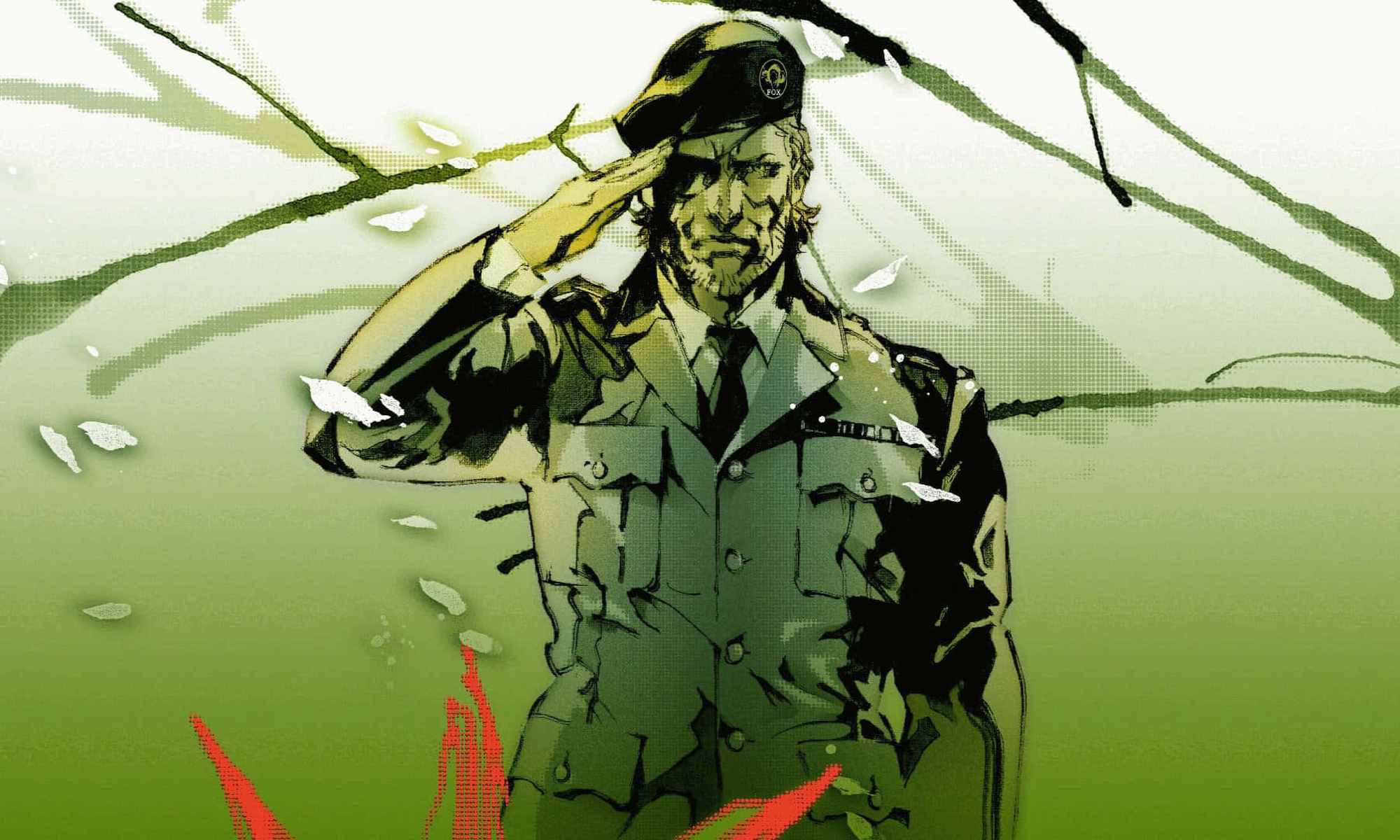


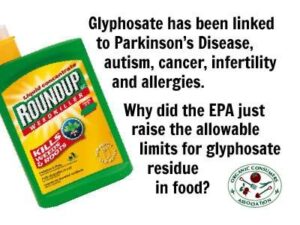


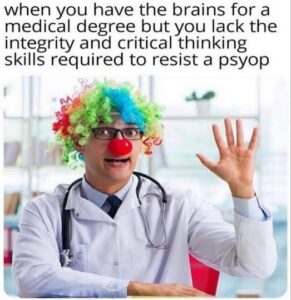

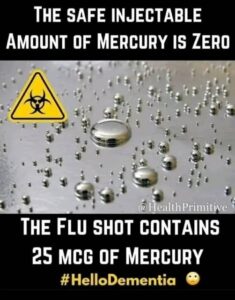
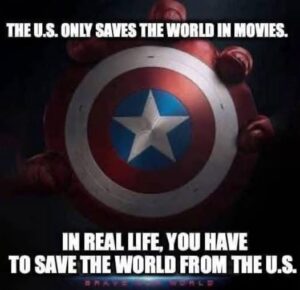




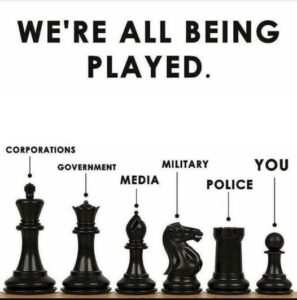



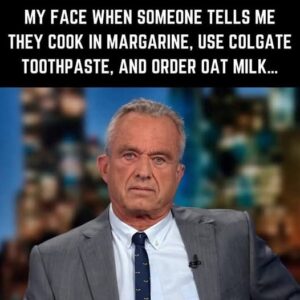
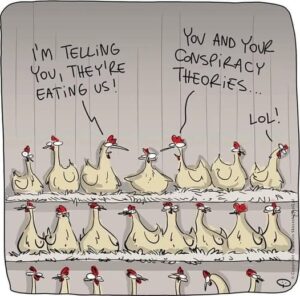

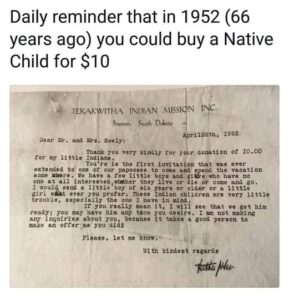

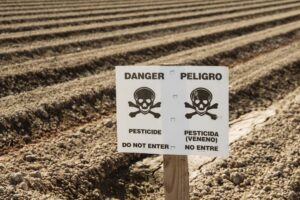

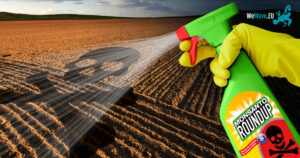


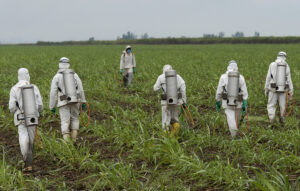
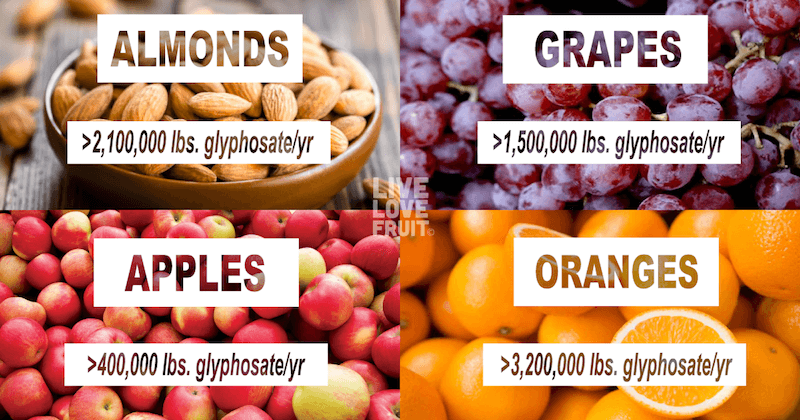
Solid Snake, ever the lone warrior against the hidden dangers of the world, makes a cryptic post on Nelly Furtado’s blog:
**”Nelly, the battlefield has changed, but the war remains the same. You’re being poisoned. Glyphosate—it’s everywhere. In your food, in the water, in the very air you breathe. The suits say it’s safe. But they said the same thing about Agent Orange. About asbestos. About leaded gasoline. Lies, all of it.
You ever hear the story of Moses and the crucified snake? The people were sick, dying from venomous bites. So God told Moses to lift a bronze serpent on a pole. Whoever saw it would live. The truth saved them.
History repeats itself. Look around. The venom is in the crops. In the bread you eat. In the wine you drink. But they don’t want you to see the snake.
Wake up, Nelly. The battlefield isn’t just warzones anymore—it’s your dinner plate. Fight back.”**
The post sits there, stark and ominous, waiting for Nelly—or whoever’s paying attention—to see the snake before it’s too late.

